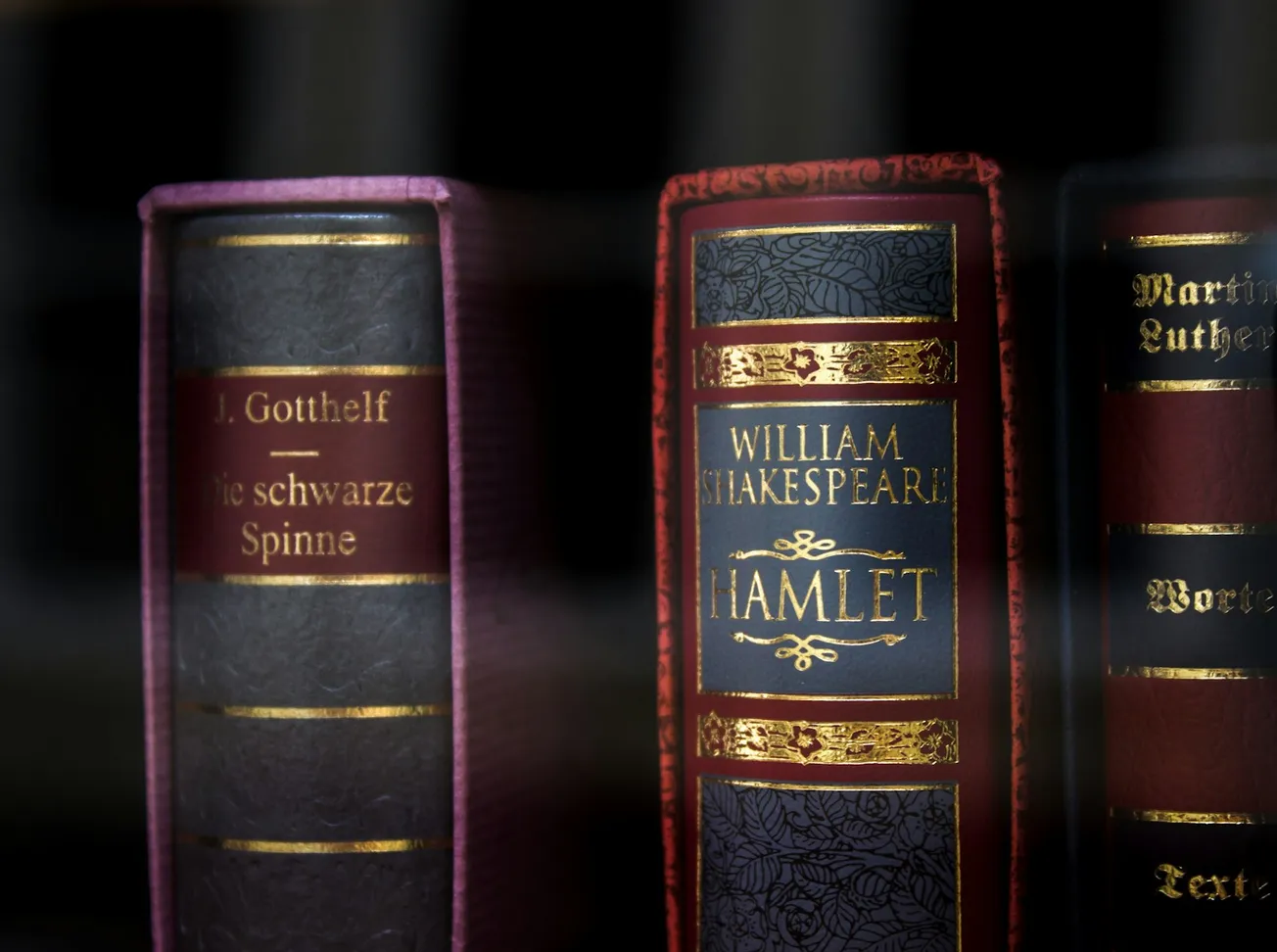Table of Contents
The revised year 7–13 English curriculum, to be released in July, is expected to include compulsory Shakespeare and grammar lessons, as well as a recommended reading list ranging from contemporary New Zealand authors to Chaucer and Beowulf.
[…] Teachers are also concerned about the emphasis on traditional literary texts, such as Shakespeare and other works. They worry many students might find these works inaccessible. As parents and teachers await the draft curriculum, it is worth considering what is changing and why.
Just about all kids are going to find Shakespeare inaccessible. At first.
The international push to develop knowledge economies over the past three decades has led to demands for “competency-based” education organised around achievement objectives.
For teachers this has meant outcomes-driven teaching, including planing [sic] their lessons around the knowledge and skills students are expected to have at the end of each unit. For students it has meant becoming “self-managing” learners who play an active role in setting the course of their education.
In other words, mastering basic stuff before moving on to the more difficult stuff.
[…] This does not mean there has been no literature in classrooms. But there has been a higher degree of curriculum variability between schools, as well as content driven by student interest rather than disciplinary merit. A pick-and-choose assessment framework has become the default curriculum for the final three years of secondary school.
Which has been a total disaster and allowed schools to falsely claim 80 per cent and higher pass rates.
[…] This approach differs from the changes made in 2023, which focused on “giving practical effect” to Te Tiriti o Waitangi. Under the 2023 changes, schools had to ensure the curriculum reflected local tikanga Maori (Maori customary practices or behaviours), matauranga Maori (Maori knowledge) and te ao Maori (the Maori world).
[…] How this will play out in an English curriculum remains to be seen. So far, it seems literary, popular and traditional texts will be categorised into year levels on recommended reading lists. Grammar will be prescribed from year 7 to year 13.
The rewrite’s emphasis on a knowledge-rich curriculum raises questions about the balance between school-subject knowledge and the knowledge young people bring from home.
Too many young people bring nothing from home except a backpack and a smart phone to look at TikTok videos on.
When the plans for the curriculum rewrite were revealed, one working group member told media: “Every child throughout the country has the right to the very best English language and literature.”
True.
Grammar is all about writing in a way so that you can be easily understood. Sure, Shakespeare played around a bit with grammar and made up words; but then he was, you know, Shakespeare. It’s actually more difficult to write simply than in a way that says ‘Look at me, I’m clever!’ (By the way, this fact alone is why I regard this site as infinitely better than sites like The Standard. At least here you can read articles that are not only easy to read but are actually fun to read.) And if you don’t know even the basics of grammar, it’s next to impossible.
In other words, Rangi can learn all the “tikanga” he wants, but it’s useless if he can’t actually express himself in a way everyone else can actually understand.









